Mental Health Therapy in Washington
Therapists in Washington
Filters
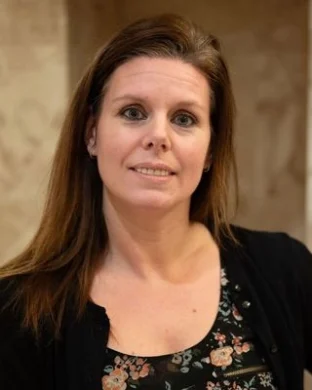
Jaime Sparber
Jaime Sparber is a mental health professional, providing both online and in-person sessions. Services include therapy for teen & preteen (11 - 18) and adults (18+). Jaime has experience working with People Living with HIV/AIDS, Queer People, Racial Justice Advocates, Single Mothers, and Transgender People. Jaime is in-network with insurance providers including Aetna, Anthem, and Asuris Northwest Health. They accept American Express, HSA, and Mastercard, and may offer sliding scale payment options to help with the cost of treatment. Get in touch to see how therapy can fit your goals and schedule.

Felicia Molano
Felicia Molano is a Counselor, providing online sessions. Services include therapy for teen & preteen (11 - 18) and adults (18+). Felicia has experience working with Queer People and Racial Justice Advocates. They also have experience working with Christian clients and provide faith-sensitive care while welcoming people of all backgrounds. They accept Cash, Check, and HSA. Get in touch to see how therapy can fit your goals and schedule.
Rachel Ryan
Rachel Ryan is a Licensed Professional Counselor, providing both online and in-person sessions. Services include therapy for teen & preteen (11 - 18), adults (18+), and seniors (65+). Rachel is in-network with insurance providers including Aetna, Cigna, and Kaiser. Get in touch to see how therapy can fit your goals and schedule.
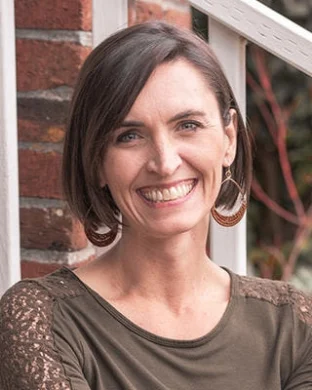
Emilie Buter
Emilie Buter is a Clinical Social Worker/therapist, providing both online and in-person sessions. Services include therapy for adults (18+). Emilie is in-network with insurance providers including First Choice Health, LifeWise, and Premera Blue Cross. They accept Check, HSA, and Mastercard, and may offer sliding scale payment options to help with the cost of treatment. Get in touch to see how therapy can fit your goals and schedule.
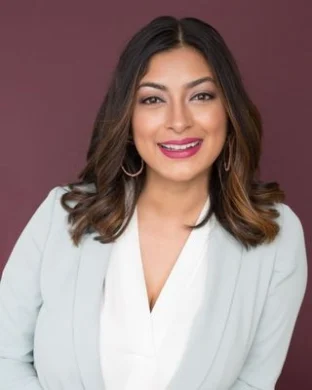
Yecenia Giron Harris
Yecenia Giron Harris is a Counselor, providing online sessions. Services include therapy for adults (18+) and seniors (65+). Yecenia has experience working with Bisexual People, Gay People, Lesbians, Racial Justice Advocates, and Single Mothers. They also have experience working with Christian clients and provide faith-sensitive care while welcoming people of all backgrounds. Sessions are available in Spanish. They accept Cash, HSA, and Mastercard, and may offer sliding scale payment options to help with the cost of treatment. Get in touch to see how therapy can fit your goals and schedule.
Stephanie M Druckman
Stephanie Druckman is a Counselor, providing online sessions. Services include therapy for adults (18+). Stephanie has experience working with Bisexual People, Gay People, Lesbians, Nonbinary People, Queer People, Single Mothers, and Transgender People. Stephanie is in-network with insurance providers including BlueCross BlueShield, Kaiser, and LifeWise. They accept Check, Mastercard, and Visa. Get in touch to see how therapy can fit your goals and schedule.
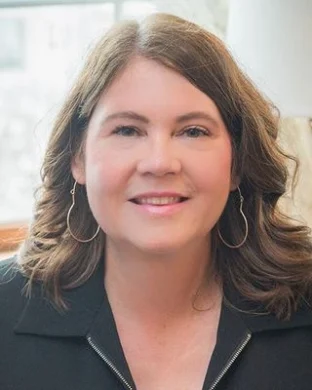
Faith Elizabeth Franz
Faith Franz is a Clinical Social Worker/therapist, providing both online and in-person sessions. Services include therapy for adults (18+) and seniors (65+). Faith has experience working with Single Mothers. They also have experience working with Christian clients and provide faith-sensitive care while welcoming people of all backgrounds. They accept Cash, Check, and Discover. Get in touch to see how therapy can fit your goals and schedule.
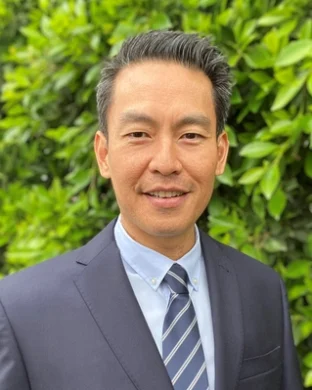
Dean Leav
Dean Leav is a Psychologist, providing both online and in-person sessions. Services include therapy for children (0 - 10), teen & preteen (11 - 18), adults (18+), and seniors (65+). They accept American Express, Check, and Discover, and may offer sliding scale payment options to help with the cost of treatment. Get in touch to see how therapy can fit your goals and schedule.
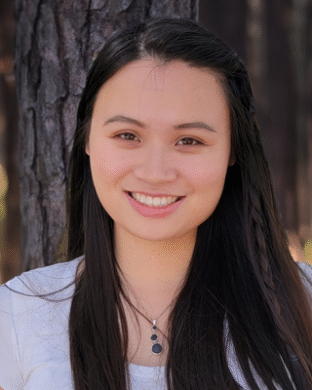
Mei Thompson
Mei Thompson is a Counselor, providing online sessions. Services include therapy for adults (18+) and seniors (65+). Mei has experience working with Bisexual People, Gay People, Lesbians, Nonbinary People, Queer People, Racial Justice Advocates, Sex Workers, Single Mothers, and Transgender People. Sessions are available in Mandarin. Mei is in-network with insurance providers including Aetna, Ambetter, and BlueCross BlueShield. They accept American Express, Cash, and Check. Get in touch to see how therapy can fit your goals and schedule.
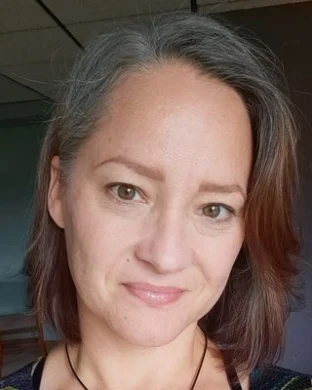
Valery Byrd
Valery Byrd is a Clinical Social Worker/therapist, providing in-person sessions. Services include therapy for teen & preteen (11 - 18), adults (18+), and seniors (65+). They also have experience working with Christian clients and provide faith-sensitive care while welcoming people of all backgrounds. Valery is in-network with insurance providers including BlueCross BlueShield, Kaiser, and LifeWise. They accept Cash, Discover, and Mastercard. Get in touch to see how therapy can fit your goals and schedule.
Mental Health in Washington
While Washington tops the rankings for natural beauty and technology companies, when it comes to mental health treatment, it ranks among the lowest in the country. In 2024 Mental Health America put The Evergreen State at #49 for prevalence of mental illness among adults and #48 for youth. Across the state 1,269,000 adults have a mental health condition, and 82,000 youth aged 12-17 have depression.
However, a bright spot in the state rankings can be found in their access to care. Despite the high prevalence of mental illness the state came in at 15 for access to treatment. This ranking was achieved despite the cost of mental health services in Washington increasing 69% from 2017 to 2022.
Still, cost is a barrier to treatment for many, and more than 2.8 million Washingtonians live in communities with insufficient treatment options. Policy makers are pushing to expand insurance coverage for mental health treatment and turn the tide on these numbers, for better overall mental health throughout the state.
Free Mental Health Resources in Washington
Find A Therapist By City
- Bainbridge Island
- Battle Ground
- Bellevue
- Bellingham
- Black Diamond
- Blaine
- Bonney Lake
- Bothell
- Bremerton
- Brier
- Buckley
- Burien
- Burlington
- Camano
- Camano Island
- Camas
- Carnation
- Cashmere
- Centralia
- Chattaroy
- Chehalis
- Chelan
- Cheney
- Chimacum
- Clarkston
- Colbert
- Colfax
- College Place
- Colville
- Covington
- Cusick
- La Conner
- Lacey
- Lake Forest Park
- Lake Stevens
- Lake Tapps
- Lakewood
- Langley
- Leavenworth
- Liberty Lake
- Long Beach
- Longview
- Lummi Island
- Lynden
- Lynnwood
- Manson
- Maple Valley
- Marysville
- Medical Lake
- Medina
- Mercer Island
- Mill Creek
- Milton
- Monroe
- Moses Lake
- Mount Vernon
- Mountlake Terrace
- Mukilteo
- Parkland
- Pasco
- Peshastin
- Port Angeles
- Port Hadlock
- Port Hadlock Irondale
- Port Ludlow
- Port Orchard
- Port Townsend
- Poulsbo
- Pullman
- Puyallup